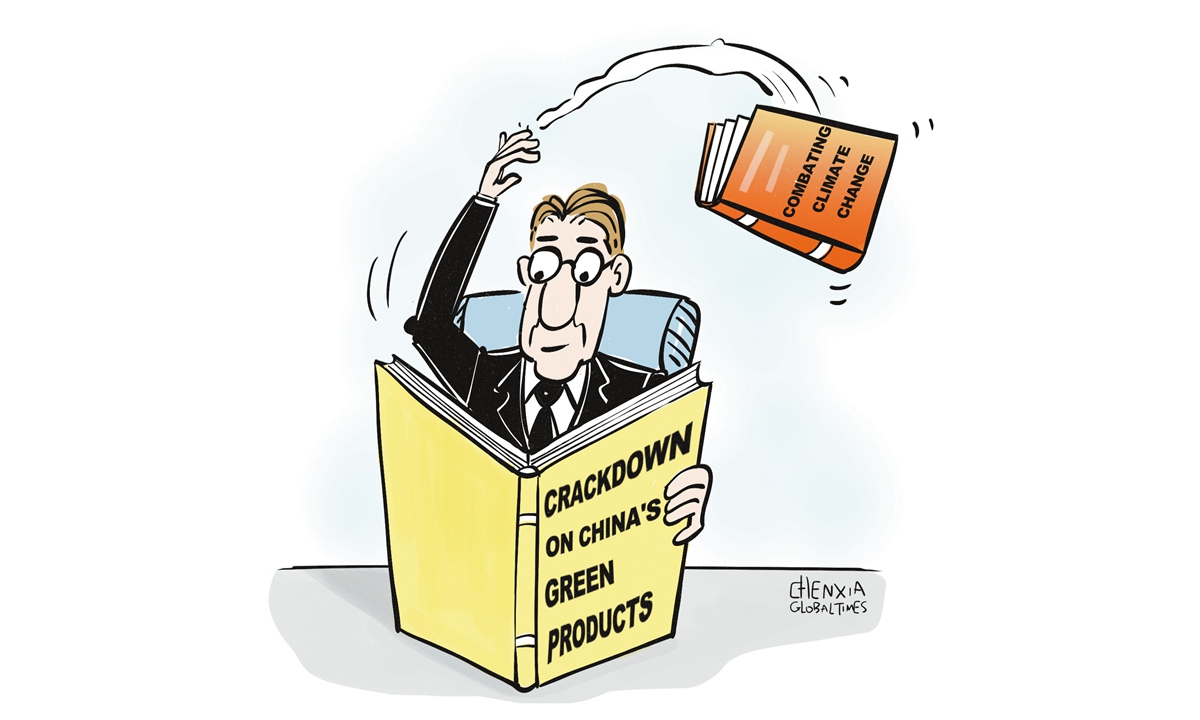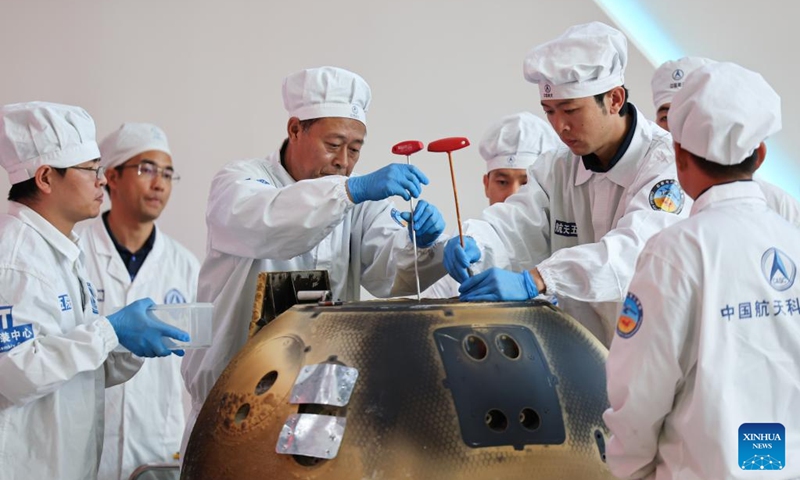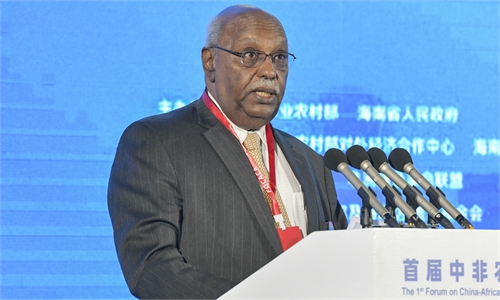President
REALITY has finally bitten PAS painfully.
It cannot hope to form the Federal Government without support from the non-malay electorate, including those from Sabah and Sarawak.
And it knows that even many Muslim voters in the peninsula, especially those in urban and semi-urban areas, find the PAS brand of politics a little too extreme.
This admission was made by PAS deputy president Tuan Ibrahim Tuan Man who told the recent PAS annual gathering that it cannot capture Putrajaya with Malay votes alone.
All political party gatherings have plenty of chest-thumping rhetoric and drummed up optimism for the diehard delegates.
The Islamist party’s general assembly in Temerloh, Pahang, was no exception, with plenty of hot air.
But PAS has a problem. It cannot decide what it should do next to convince non-muslims that it is worthy of their votes.
Non-muslims, especially the Chinese, are practical people. They look at PAS and they only see politicians in robes, serbans (turbans), beards, and goatees, with religious studies as their only credentials. Chinese voters are unlikely to be inspired by having theologians run the country.
Call it prejudice or whatever, but the constant harsh statements from PAS have not helped to improve how non-malays see the party. The ‘’Green Wave’’ – a term to describe the growing strength of PAS – has probably frightened or alienated non-muslims even more.
It also doesn’t help that at PAS general assemblies, there is a glaring absence of discussions of substantial issues like the economy, growth, tackling the cost of living, boosting the ringgit, digital challenges, and how PAS can take Malaysia to the next level of development.
Instead, party leaders continue to be obsessed about projecting themselves as puritanical and pious, with little knowledge or interest in handling development priorities.
The biggest comic relief this time came from Selangor PAS Youth leader Aubidullah Fahim Ibrahim who proposed that members marry non-malays to increase support for the party, reportedly saying “a mixed marriage would not just be able to secure one vote but hundreds from the non-malay community’’.
PAS youth chief Afnan Hamimi Taib Azamudden urged members to start learning vernacular languages to help the party get closer to non-malay communities.
He said the ability to converse in two languages can be a powerful tool for PAS members in wooing support from non-malay voters.
At least Afnan spoke some sense. But the Barisan Nasional candidate for the Mahkota by-election, Syed Hussien Syed Abdullah, has already beaten the PAS man to it. Syed Hussien has an advantage because of his Chinese school education: He speaks Mandarin fluently.
The Chinese community just hopes that leaders from both PAS and Umno will stop talking of shutting down vernacular schools and not just use Chinese language as a tool to win votes during elections.
While some were talking about how to woo the non-malays, one PAS delegate loudly proclaimed that their next target would be the Malay majority state of Pahang, and vowed to shut down all gaming outlets in the state, including the Genting Highlands casino.
Most Chinese voters have reacted with alarm at the statement. While most Chinese do not encourage gambling, we tolerate this game of risks as long as there is a level of self-restraint.
It is common to see card games with small bets during Chinese New Year while mahjong is encouraged as a pastime for senior citizens to keep their minds sharp. Naturally, there are bets involved.
Pahang PAS deputy commissioner Andansura Rabu quickly moved to soothe ruffled feathers, saying the decision may involve the Federal Government and thus won’t be easy.
Gaming licenses come under the purview of Putrajaya and until PAS forms the next Federal Government on its own, this remains just plenty of hot air.
In July, the High Court in Alor Setar ruled that the Kedah PAS government needed to uphold consistency with the Federal Constitution, which says only the Federal Government has the authority to enact laws and regulations concerning gambling.
The High Court also ordered the Kedah state government to compensate STM Lottery Sdn Bhd and Magnum Corporation Sdn Bhd, the companies behind Sports Toto and Magnum 4D respectively, for the losses they suffered when the state closed their outlets.
As expected, the state government has said that it will take the matter to the Court of Appeals.
Perlis PAS delegate Saifizi Saidon reportedly devoted his speech to calling for action to be taken against certain party leaders, especially those who shook hands with women. He also attacked those who went to karaoke lounges.
To make things worse, Terengganu has banned women from taking part in gymnastics and swimming events, because of “non-syariah compliant” outfits.
Recently, the Terengganu Amateur Swimming Association had to apologise for taking part in the Malaysia Games despite getting approval from the national association and the athletes’ families.
Political observers who have followed the PAS general assembly would have noticed clearly that the agenda of the party hasn’t changed. It has probably got worse with added race and religious narratives.
Its past presidents, like the late Kelantan Mentri Besar Nik Abdul Aziz Nik Mat and the late Datuk Dr Fadzil Noor, focused on religion as the main thrust of the party’s struggle. As in any democracy, PAS has a right to its political ambitions, and it has been fairly consistent.
It has grown in clout and has a sizeable number of Members of Parliament, with three states under its administration. Despite having 43 MPS and being the party with the largest number of lawmakers in the Dewan Rakyat, PAS has reached its limits. That is why it has to win over non-muslim voters.
But how can party president Tan Sri Abdul Hadi Awang expect his party to endear itself to non-malays when he described non-muslim leaders in government as becoming arrogant and irresponsible as well as seeking to play on racial and religious sentiments?
He also claimed that Malaymuslim leaders in the government are unable to “control” their fellow non-muslim leaders.
PAS is upset that it was dismissed as being Taliban-like and its style of running state governments equated with that of the Afghan leaders. That may be an unfair comparison, but the pronouncements of its leaders have not helped shed such perceptions.
To be fair, there are some PAS leaders with professional backgrounds and credentials, seemingly giving it a progressive image, and who prefer to talk to the media on issues like the economy, investments, and good governance.
One shining example is Terengganu Mentri Besar Dr Ahmad Shamsuri Mokhtar, an aerospace engineer, but he is not among those who call the shots in the party. That is done by the ultra-conservative leaders, who continue to spook non-muslims with their declared aim of turning Malaysia into an Islamic State.
These are the guys who issue cut-and-paste statements with a list of festivals and events that they wish to ban, with calls for gender segregation, and a demand to stop “hedonism”, a popular agenda they like to use without even understanding the word.
Tuan Ibrahim has proudly asked PAS members to organise visits to Kelantan to see the development there for themselves.
This is ironic since Kelantan is certainly not a shining example for anyone. After 34 years of PAS rule, it has remained one of the worst run states in this country where one cannot even get decent clean water from the taps.
While then posturing by PAS leaders could have been done to retain its core base, it really needs to embrace diversity and to champion the rights of non-muslims to win them over.
Source link
Wong Chun Wai began his career as a journalist in Penang, and has served The Star for over 35 years in various capacities and roles. He is now group editorial and corporate affairs adviser to the group, after having served as group managing director/chief executive officer. On The Beat made its debut on Feb 23 1997 and Chun Wai has penned the column weekly without a break, except for the occasional press holiday when the paper was not published. In May 2011, a compilation of selected articles of On The Beat was published as a book and launched in conjunction with his 50th birthday. Chun Wai also comments on current issues in The Star.













